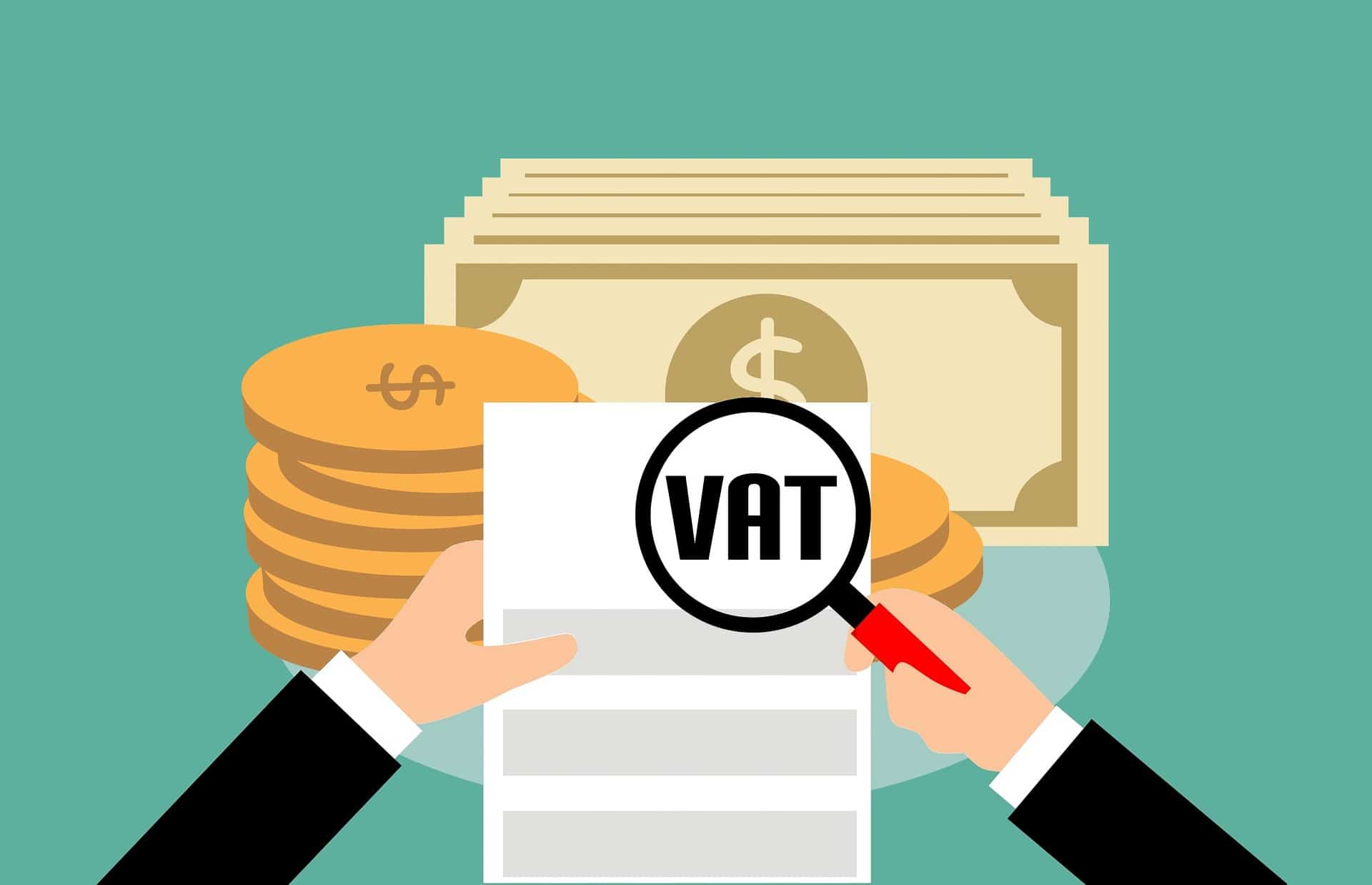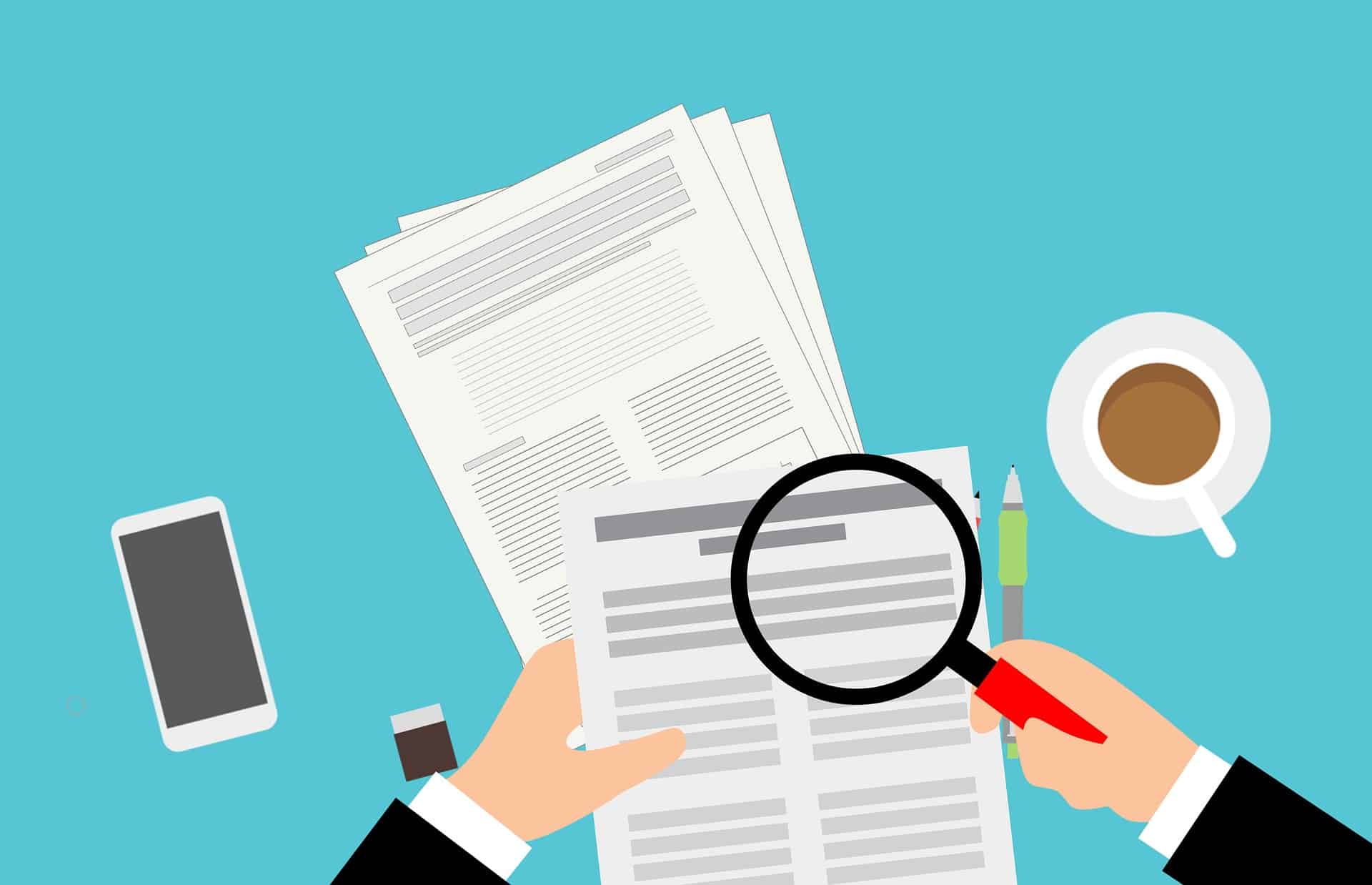If you are running a small business or are about to start a new business, you may want to learn about the tax knowledge necessary to run a business, especially Value Added Tax (VAT).
VAT is common among companies operating internationally and most of our clients are VAT registered.
Because when their companies have the first revenue, they always need to think ahead and make timely choices.
Considering that many people have such confusion, we have summarized some questions that customers often ask and provided them to more people in need.
What is VAT
Value Added Tax (VAT) is payable on most goods and services supplied by UK VAT registered businesses.
It also applies to certain goods imported into the UK from EU and non-EU countries.
Businesses that register for VAT are required to add VAT to the goods or services they sell.
Businesses must register for VAT if the business has a VAT chargeable turnover of more than £85,000.
They also have the option to register if their turnover is under £85,000.

Issues to be considered before voluntary registration for VAT
If you are running a business that benefits from less than the VAT registration threshold, you may want to understand the pros and cons before making a decision.
Advantages of registering for VAT:
- Establish a stable and reliable brand image to attract customers, partners and suppliers.
- VAT is refundable on most goods or services purchased from other businesses.
- If your customers are VAT registered businesses, they will be able to recover VAT from HMRC. Your prices remain competitive and you recoup your costs VAT.
- VAT registration will force you to keep more accurate records which will ultimately benefit your business operations.
Questions for further consideration:
- If your customers are not VAT-registered, this can make your goods and services less attractive to them.
- Need to keep and record VAT invoices and receipts and file quarterly VAT returns on time.

What responsibilities do VAT registered companies need to fulfill?
If you have registered or are about to register for VAT, then you will need to:
- Include VAT in the prices of all goods and services at the correct rate
- Record how much VAT you pay on items purchased by your business
- Pay VAT on any goods you import into the UK
- Report the amount of VAT you charge customers and the amount of VAT you pay other businesses by sending a VAT return to HMRC – usually every 3 months
- pay any VAT you owe to HMRC
In this article, we mainly summarize the basic problems, if you encounter other problems when running the company.
We would love for you to email or call our professional team for assistance.
You can also continue to follow our social media platforms for more information.

